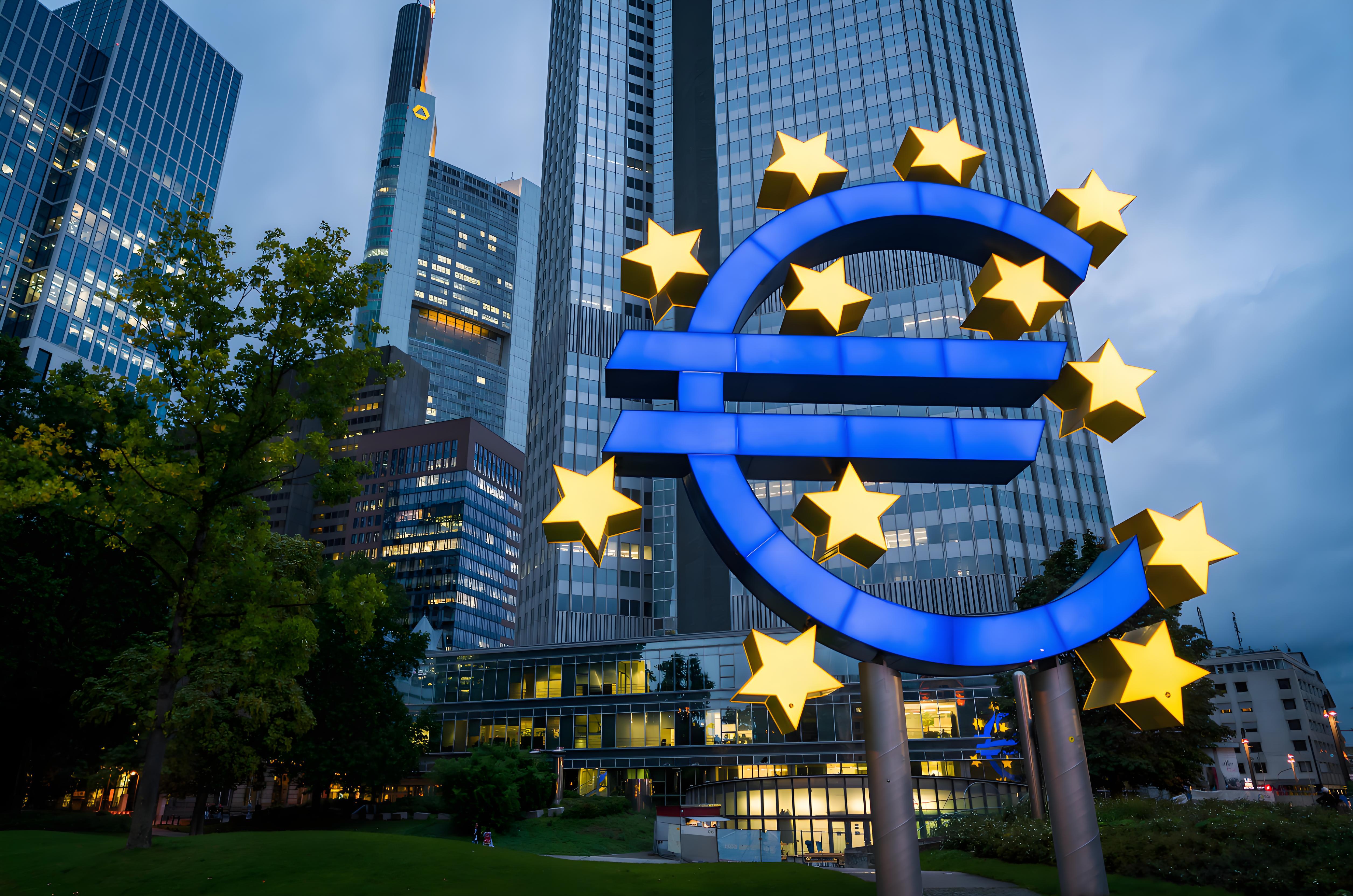
Recently, data released by the European Union showed that retail sales in the Euro Zone fell by 0.5% in July compared with the previous month, a decline slightly larger than market expectations. The year-on-year growth rate slowed to 2.2%, also lower than market forecasts. The release of this data has undoubtedly cast a shadow over the already weak recovery of the Euro Zone economy and dented hopes for a consumption-driven rebound in the region’s economy.
The decline in Euro Zone retail sales is not accidental but the result of the combined effects of multiple factors. First, persistently high inflation is a key driver. In recent years, inflation in the Euro Zone has been on a steady rise; in July, the annual inflation rate in the region reached 8.9%, exceeding market expectations and hitting a new all-time high. High inflation has led to a sharp increase in consumers’ cost of living, eroding their purchasing power and dampening their willingness to spend. For instance, the significant surge in prices of food, alcohol, and tobacco has forced consumers to allocate more of their budgets to these essential items, thereby reducing their spending on non-essential goods.
Second, the impact of the energy crisis remains lingering. The skyrocketing energy prices in Europe have made energy expenses account for a substantial proportion of household expenditures. Faced with rising living costs, consumers have had to cut back on non-essential spending to cope with higher energy bills. Data shows that the Euro Zone Consumer Confidence Index dropped to -27 in July, down from -23.6 in June and below the median economist forecast. This indicates that consumers are pessimistic about the future economic outlook and have become more cautious in their spending decisions.
Furthermore, the high-interest-rate environment has also exerted a negative impact on retail sales. To tackle high inflation, the European Central Bank (ECB) has adopted a tight monetary policy, implementing consecutive interest rate hikes. This has increased the cost of borrowing for households, making consumers more inclined to save rather than spend. According to data from Eurostat, the household savings rate in the Euro Zone reached 15.7% in the second quarter of 2024, up from 15.2% in the previous quarter. At the same time, imbalances and instability in the labor market have constrained consumption growth. Although employment in the Euro Zone’s private sector generally grew in the second quarter, the pace of job creation slowed significantly, and employment in the manufacturing sector continued to decline—having fallen for 13 consecutive months by June. This has affected the income of some consumers, further reducing their spending.
The decline in Euro Zone retail sales has multifaceted impacts on the economy. First, as a crucial driver of economic growth, falling retail sales will directly weaken the momentum of economic expansion. If consumption remains sluggish, enterprises will face pressure on sales and profits, which may lead them to cut investments and production. This, in turn, will affect the labor market, creating a vicious cycle. Second, the decline in retail sales will deal a blow to retail enterprises. To counter falling sales, businesses may adopt measures such as price cuts and layoffs, which not only undermine their profitability but also intensify market competition. Some small-scale retail enterprises may even face the risk of bankruptcy. Additionally, the decline in retail sales may shake investors’ confidence in the Euro Zone economy, triggering capital outflows and further undermining the stability of the region’s economy.
The short-term outlook for Euro Zone retail sales remains grim. It is expected that under the continued influence of factors such as high inflation, the energy crisis, and the high-interest-rate environment, consumers’ actual purchasing power and spending willingness will hardly improve significantly in the near term. However, if the ECB can make effective progress in curbing inflation while taking measures to stabilize economic growth and boost consumer confidence, retail sales are expected to gradually recover in the future. For example, the ECB could appropriately adjust its monetary policy to avoid excessive tightening from inflicting excessive damage on the economy while controlling inflation. Moreover, governments across the region could implement fiscal stimulus policies, such as tax cuts and increased public spending, to promote consumption growth.
The decline in Euro Zone retail sales in July is a microcosm of the numerous challenges facing the region’s economy. To achieve economic recovery and growth, the Euro Zone needs to adopt comprehensive measures to address issues such as high inflation, the energy crisis, and labor market instability, enhance consumer confidence, and stimulate consumption growth. Only in this way can the Euro Zone economy return to a path of healthy development.

Below is the English translation of the text, with precise handling of political terms, consistent sentence structures, and preservation of the original’s analytical tone and logical flow:
Below is the English translation of the text, with precise …
On December 15 local time, Trump took the British Broadcast…
In recent years, the application of artificial intelligence…
According to Yahoo US media reports, the recent remarks of …
After 11 years of waiting in the deep sea, we finally have …
On December 17, 2025, the newly renovated American "Preside…